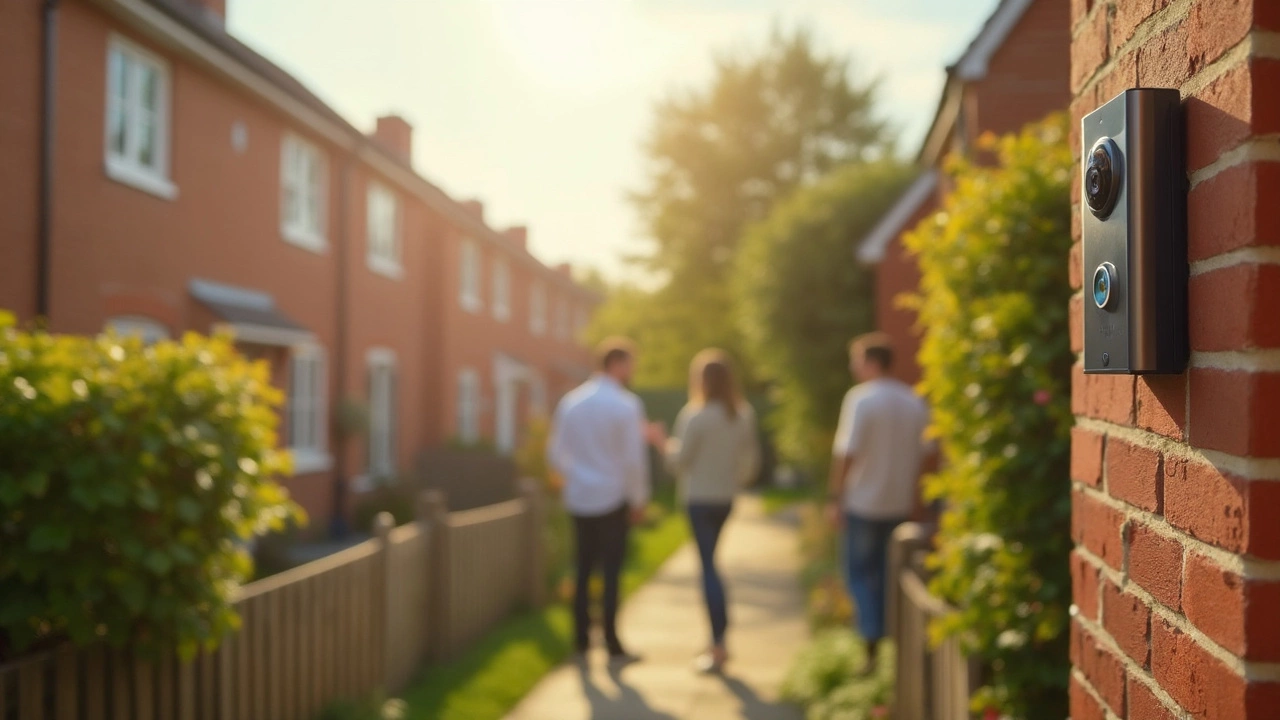Thinking about putting a camera on your front door? Before you drill any holes, you should know the UK rules that keep your neighbours happy and your data safe.
The main law is the Data Protection Act 2018, which works hand‑in‑hand with the UK GDPR. Both say you must treat any video footage as personal data and handle it responsibly.
These rules apply to anyone who owns or operates a CCTV system – whether it’s a single‑camera plug‑in or a full‑house setup. Even landlords and tenants need to follow them.
Where you can point a camera matters a lot. You’re allowed to film your own property, but you can’t look into private gardens, windows, or public spaces without a good reason. A camera that captures a neighbour’s bedroom window is a breach.
Good placement means aiming the lens at your driveway, front door, or garden while keeping the field of view away from neighbour’s homes. Use a narrow angle if you only need to see your gate.
If your system records continuously or stores footage for more than 30 days, you may need to register with the Information Commissioner’s Office (ICO). Most home users won’t hit this limit, but it’s worth checking.
You must put a clear sign where the camera is operating. The sign should tell people that video is being recorded and give a contact point for enquiries.
When visitors step onto your property, you have a duty to let them know they’re being filmed. A sign does this, but you can also mention it verbally if asked.
Store footage on a password‑protected device or a secure cloud service. Strong, unique passwords and two‑factor authentication make it much harder for hackers to get in.
Only keep recordings as long as you need them. If you’re using footage to check deliveries, delete the file after a week. Shorter retention reduces risk.
When you view live feeds on your phone, use a secure Wi‑Fi network and keep the camera’s firmware up to date. Updates often patch security holes.
Finally, treat your camera’s data like any other personal information. If you ever share it – for example, with a security company – make sure they have a written agreement about how they’ll protect it.
Following these basics means you can enjoy the peace of mind that comes with a home security system without breaking the law or upsetting your neighbours.

Navigating the legality of Ring doorbells in the UK can be tricky, especially considering privacy laws and neighbors' rights. While owning a Ring doorbell isn’t illegal, users should be cautious about where it's pointing. Catch some tips on how to stay in the clear legally and keep your neighborhood relations smooth.